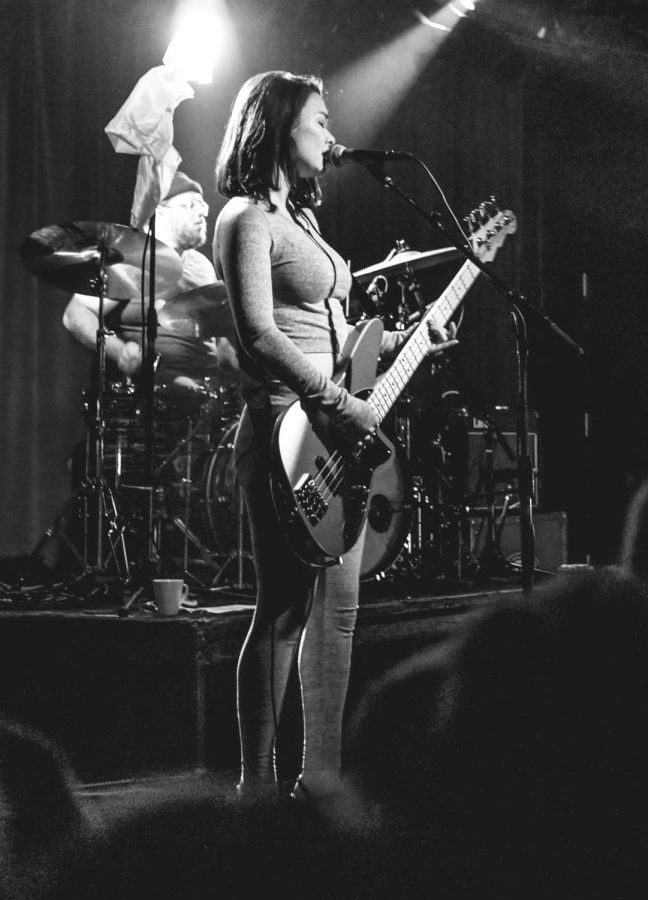The Only Heartbreaker: An Intimate Profession of Self-Sabotaging in Relationships
Mitski Miyawaki , known mononymously as Mitski, is a Japanese-American singer-songwriter.
Reminiscent of a sound that reverberated through the 80’s, Mitski’s The Only Heartbreaker – a part of her newly released album “Laurel Hell” – expresses a stinging guilt and rampant sense of self-hatred. Completely foreign to her previous albums, this incorporation of a pop-synth backtrack transports listeners to an era of grain-ridden cinematography and jazzercise outfits. The lyrics, much unlike the image of hairspray spores and poofy hair it accompanies, are a flurry of unbridled resentment.
Exploring an all-too-familiar sense of self-destruction in relationships – a motif prevalent within all of this artist’s previous albums – Mitski proclaims, “If you would just make one mistake, what a relief that would be.”
These words echo through the accompanying music video, where a scene of untrodden and ripe nature turns gray, wilting at Mitski’s touch. Reflecting her sentiments on the feeling of destructiveness she wields within relationships, this picturesque forest turns to a gray wasteland, the very thing she yearns for most, lost to her own regrettable tendencies.
A pained and desperate expression dawns across Mitski’s face as she watches the woods around her turn to ash. Her inclination towards self-sabotaging has manifested itself in a physical sense, engulfing the ripe forest and leaving mere husks of what once was. Exclaiming, “I’ll be the only heartbreaker,” Mitski escapes onto a beachfront – leaving behind the now desolate and barren woods.
Upon beginning the second verse, the singer starts making analogies in which she’s painted as, “the loser in this game” and “the bad guy in the play.” Mitski acknowledges that she plays somewhat of a malevolent role in her relationship, but seems to be alluding to the fact that the other party doesn’t play a role at all. The next line follows as, “I’ll be the water main that’s burst and flooding,” reflecting the substance to her overwhelming body of emotions, capable of fueling an entire flood – whilst her partner will be, “by the window, only watching.”
These lyrics then beg the question of whether Mitski is forced into this archetype of a villain because of the other person’s disconnectedness from their relationship. Perhaps Mitski is caged into the position of being “the only heartbreaker” because the other party doesn’t put energy into being there, merely acting as a passerby, looking upon the mess that has enveloped their relationship.
For the chorus, Mitski is thrust back into the withered forest, once more faced with the bleak setting she’d initially caused. Her being placed back in the woods – after the second verse where viewers get a glimpse of the other party’s attitude in their relationship – suggests that it may be a lack of her partner’s presence in their relationship that makes her become “the only heartbreaker.” However, regardless of whether it is her partner’s lack of enthusiasm or her own temperamental nature, Mitski unavoidably wields the power of the heartbreaker.

